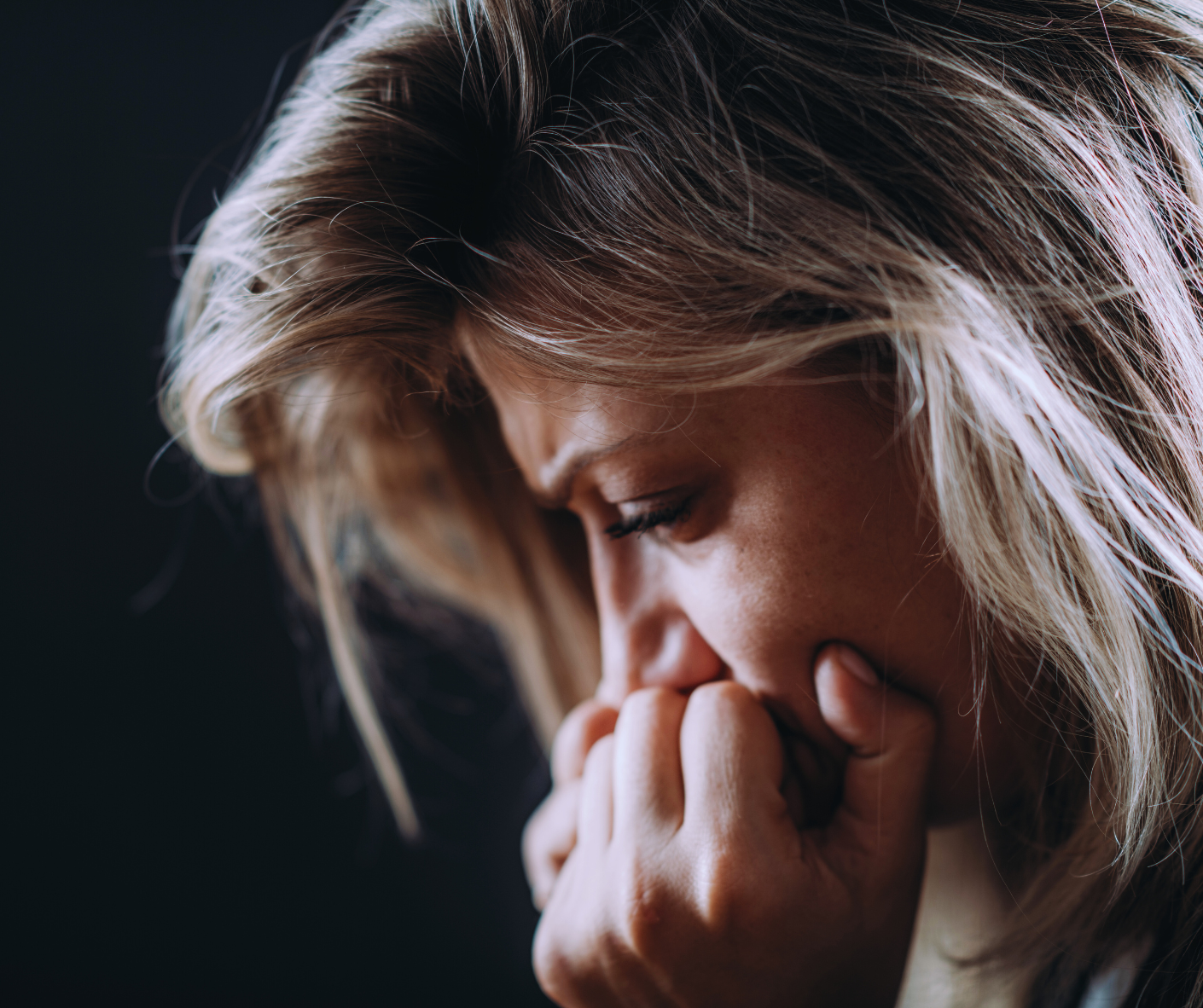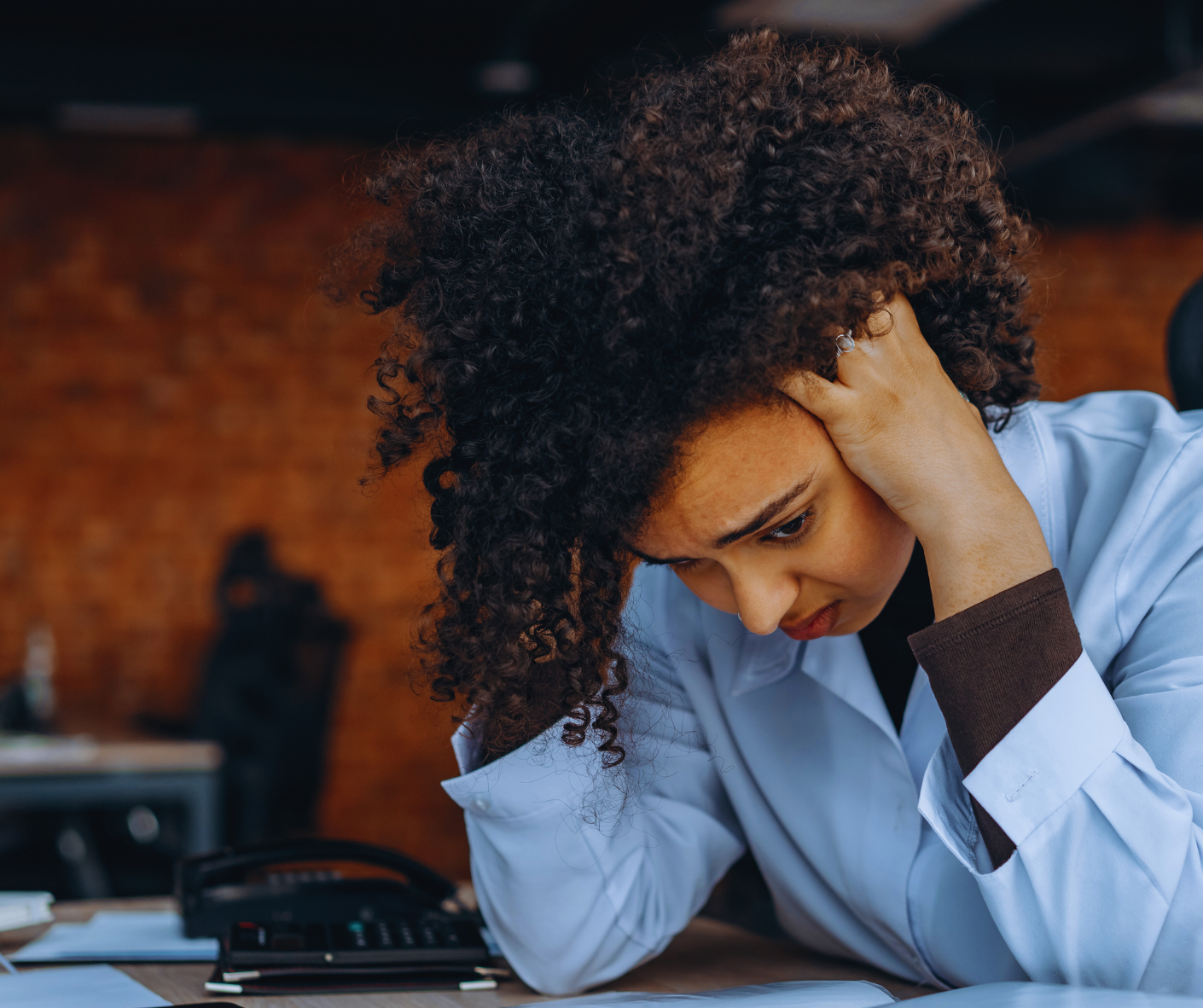Anxiety

Understanding Anxiety: Causes, Symptoms, and Treatments
Introduction
Anxiety is a normal response to stress, but when it becomes excessive, persistent, and interferes with daily life, it can be classified as an anxiety disorder. Anxiety disorders are among the most common mental health conditions, affecting millions of people worldwide. Understanding the causes, symptoms, and treatment options is essential for managing anxiety effectively.
Causes of Anxiety
- Biological Causes:
- Genetics: A family history of anxiety or other mental health disorders can increase the risk of developing anxiety.
- Brain Chemistry: Imbalances in neurotransmitters such as serotonin, norepinephrine, and gamma-aminobutyric acid (GABA) can contribute to anxiety.
- Medical Conditions: Certain health conditions, such as heart disease, diabetes, or thyroid disorders, can cause or exacerbate anxiety symptoms.
- Psychological Causes:
- Stress: Chronic stress from work, relationships, or financial problems can lead to anxiety.
- Trauma: Past traumatic experiences, such as abuse, accidents, or the loss of a loved one, can trigger anxiety.
- Personality Factors: Individuals with certain personality traits, such as perfectionism or a tendency to worry excessively, may be more prone to anxiety.
- Environmental Causes:
- Lifestyle Factors: Lack of physical activity, poor diet, and insufficient sleep can contribute to anxiety.
- Substance Use: The use of alcohol, caffeine, nicotine, or recreational drugs can trigger or worsen anxiety.
- Social Factors: High-pressure environments, social isolation, or lack of support can increase anxiety levels.
- Cognitive Factors:
- Negative Thinking Patterns: Catastrophic thinking, overgeneralization, and other cognitive distortions can fuel anxiety.
- Fear of Uncertainty: A strong need for control and difficulty coping with uncertainty can lead to heightened anxiety.

Symptoms of Anxiety
- Excessive worry or fear
- Restlessness or feeling on edge
- Rapid heart rate or palpitations
- Shortness of breath or difficulty breathing
- Sweating, trembling, or shaking
- Fatigue or difficulty concentrating
- Sleep disturbances (insomnia or difficulty staying asleep)
- Gastrointestinal issues, such as nausea or stomach pain
- Muscle tension or headaches
- Irritability or feeling overwhelmed
Home Remedies for Anxiety
- Regular Exercise:
- Physical activity, such as walking, running, or yoga, can reduce anxiety by releasing endorphins and lowering stress levels.
- Mindfulness and Meditation:
- Practices like mindfulness meditation, deep breathing exercises, and progressive muscle relaxation can help calm the mind and reduce anxiety symptoms.
- Balanced Diet:
- Eating a diet rich in whole foods, including fruits, vegetables, lean proteins, and whole grains, can support overall mental health and reduce anxiety.
- Adequate Sleep:
- Establishing a regular sleep schedule and creating a restful sleep environment can help manage anxiety by improving overall mood and energy levels.
- Limit Caffeine and Alcohol:
- Reducing or eliminating caffeine and alcohol intake can help stabilize mood and reduce anxiety symptoms.
- Social Support:
- Connecting with friends, family, or support groups can provide emotional support and reduce feelings of isolation, which can help alleviate anxiety.
- Journaling:
- Writing down thoughts and feelings can help process emotions, identify triggers, and develop coping strategies for managing anxiety.
- Aromatherapy:
- Essential oils, such as lavender or chamomile, can promote relaxation and reduce anxiety when used in diffusers, baths, or as massage oils.
Clinical Treatments for Anxiety
- Psychotherapy:
- Cognitive Behavioral Therapy (CBT): CBT is one of the most effective treatments for anxiety, helping individuals identify and change negative thought patterns and behaviors that contribute to anxiety.
- Exposure Therapy: Gradual exposure to feared situations or objects can help reduce anxiety and build confidence in coping with triggers.
- Acceptance and Commitment Therapy (ACT): ACT encourages individuals to accept their anxiety while committing to actions that align with their values, reducing the impact of anxiety on daily life.
- Medications:
- Antidepressants: Selective serotonin reuptake inhibitors (SSRIs) and serotonin-norepinephrine reuptake inhibitors (SNRIs) are commonly prescribed for anxiety.
- Benzodiazepines: These medications can provide rapid relief of anxiety symptoms but are typically prescribed for short-term use due to the risk of dependence.
- Beta-Blockers: Used to manage physical symptoms of anxiety, such as rapid heart rate or trembling.
- Lifestyle Counseling:
- Healthcare providers may offer guidance on lifestyle changes, such as diet, exercise, and stress management, to help alleviate anxiety symptoms.
- Support Groups:
- Participating in support groups, either in person or online, can provide a sense of community and shared understanding, which can be comforting for those dealing with anxiety.
Alternative/Non-Invasive Treatments for Anxiety
For managing anxiety, the therapies offered by Earl Claytont Wellness Centre that may be effective are:
- PEMF (Pulsed Electromagnetic Field Therapy):
- PEMF therapy can help reduce stress and promote relaxation by regulating the nervous system and improving overall brain function, which can be beneficial for managing anxiety.
- Full Spectrum Infrared Sauna:
- Infrared saunas promote relaxation, reduce muscle tension, and improve overall well-being. The calming effects can help alleviate symptoms of anxiety by reducing stress levels.
- NAD+ Therapy:
- NAD+ therapy supports brain function and helps reduce oxidative stress, which can contribute to anxiety. It also aids in improving overall energy levels and mental clarity.
- Vitamin B Complex:
- B vitamins, particularly B6 and B12, play a role in neurotransmitter production and mood regulation. Supplementing with a B Complex can help manage anxiety by supporting mental health and reducing stress.
These therapies can be effective in alleviating anxiety by promoting relaxation, supporting brain function, and improving overall mental well-being.
Get your appointment for Free Medical Consultation by clicking the "Book Now" below for us to know which treatment is best for you.
When to Seek Medical Attention
- If anxiety is persistent, severe, or accompanied by physical symptoms that interfere with daily life, it’s important to seek medical advice. Professional treatment can make a significant difference in managing anxiety and improving overall well-being.
Conclusion
Anxiety is a challenging condition, but it is manageable with the right combination of home remedies, clinical treatments, and support. Understanding the causes and symptoms of anxiety can empower individuals to take control of their mental health and seek appropriate treatment when needed. Early intervention and ongoing care are key to reducing anxiety and improving quality of life.

